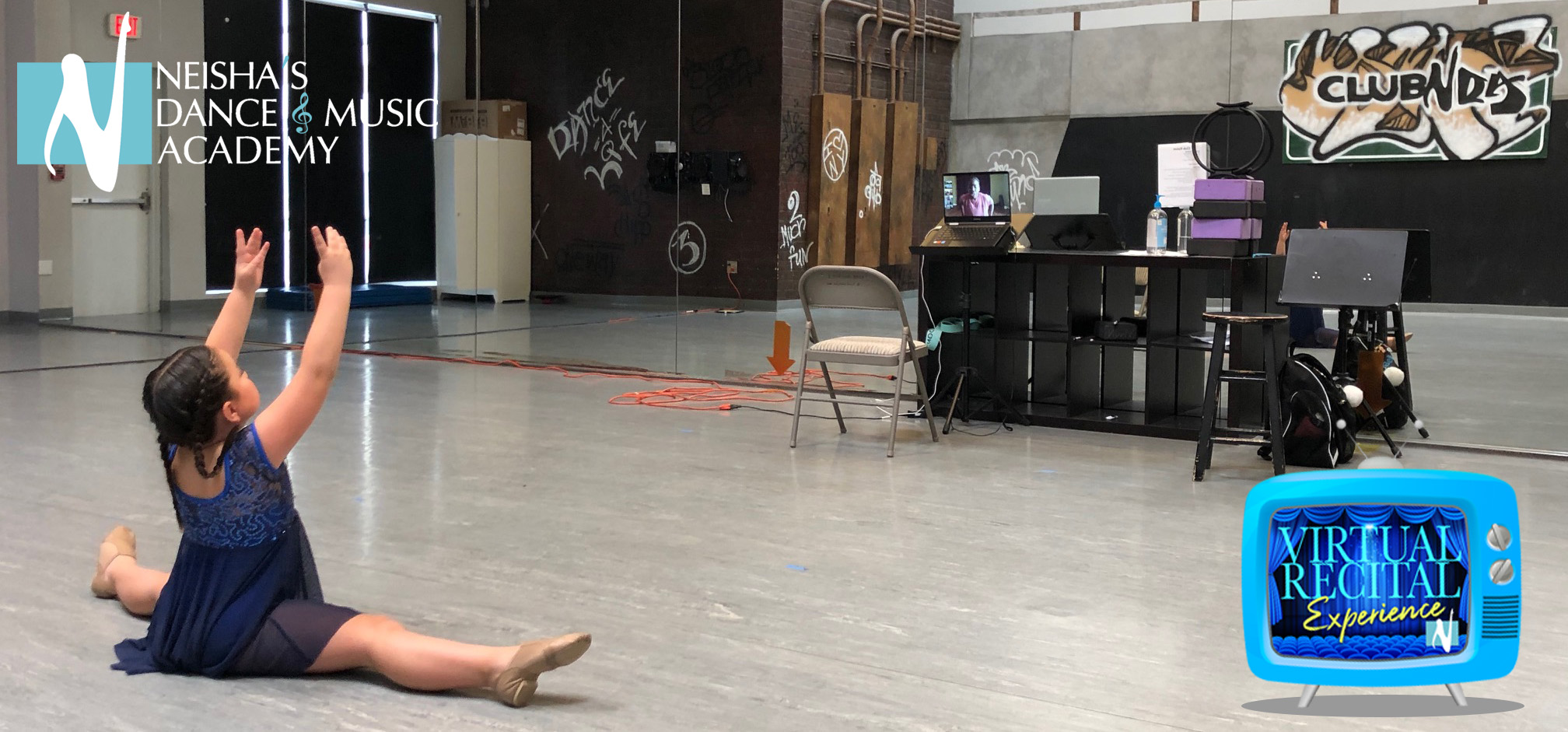
As part of ND&MA’s Choosing Resilience over Resentment movement, we are proudly launching a new blog series by our very own resident expert – Jennifer Jeter, Licensed MFT.
As your child develops a stronger skill-set in their dance world, they will inevitably have the opportunity to perform for an increasingly larger audience. For most dancers, this experience is a wonderful reward and something that is experienced with great pride and enthusiasm. Most parents and dancers will love the opportunity to display an increasing talent. For some, however, performance anxiety or “stage-fright” can develop. This anxiety does not have to end a dancer’s hobby or career, however. With helpful tools and counsel from a dancer’s support network, your child can not only continue to dance, but learn how to push through challenges and grow as a person!
What does performance anxiety look like? Parents can look for the following signs to identify performance anxiety in their child: a sudden disinterest in dance, in general; a reluctance to perform; complaints of physical symptoms that limit dance (such as headaches and stomach aches); a report of being too tired to dance.
Dancers may personally experience stomach upset, nausea, dry mouth, racing heart, trembling or cold/sweaty limbs and hands.
Once identified, performance anxiety can be dealt with and managed. And because most things that are new or exciting come with some amount of anxiety, parents can remember that this is a perfect opportunity to help your child master their emotions and grow!
Skills to develop and utilize before a performance:
Normalize anxiety: Most people who do exceptional things experience some anxiety. Anxiety does not have to keep you from your craft and limit your journey! Push through this experience with the knowledge that anxiety is a part of doing something challenging. And challenges are the most beneficial experience for growth!
Make healthy choices before a performance: We function best when we prepare the best so make your healthiest choices a week or more before performance. Get good sleep. Limit caffeine and sugar, which can contribute to a feeling of raciness. But also make sure you eat protein and good carbohydrates so you aren’t hungry during your performance and you have energy. Good sleep and nutrition lead to balanced mood and sharp focus.
Focus on the positive and not what could go wrong: Use positive visualization to imagine success and avoid self-doubt. Practice your performance regularly so you can remind yourself that you are prepared. Remind yourself that anxiety usually decreases or goes away completely once you start performing. So things will get easier very soon!
Practice relaxation techniques: We can learn and practice skills that actually work to lower anxiety! Deep diaphragmatic breaths get more oxygen into the blood stream, which flows into the brain and contributes to relaxation. Focus on body and muscle tension to get you “out of your thoughts” and into your body. This will lowers racing thoughts and calms you. Many online trainings are available through iTunes, YouTube and downloads. If a dancer can practice these techniques on a regular basis, they will have easier access to these skills on the day of a performance.
Burn out excess energy: When anxiety leads to feelings of restlessness, use it! Run around, shake out the energy, jump, and dance! Remember that you can use that energy in your production and it might even make your performance better!
Skills to develop and utilize during a performance:
Connect with and befriend your audience: Focus on the friendliest face in the audience when you can. Smile at them and connect. Remember that most of them probably can’t dance as well as you, if at all. Remind yourself that it is the whole performance that matters and that the goal is to entertain them, not to do it “right.’
Stop “looking” at yourself and instead focus on the routine: What is the message of the performance? To be sassy? To be strong? Focus on the overall concept of the performance, rather than you as the dancer. Think of the message you are sending and not your performance.
Don’t worry about getting it perfect: Have fun and focus on the process, more than each step. “Lower the stakes, but not your standards.” Do your best, but know that the overall experience is what matters. Most of the time, your audience won’t even notice a mistake as long as you keep going and keep smiling.
What should we avoid, as parents, do to help our children with performance anxiety?:
Do not offer unsolicited advice or criticism about your child’s performance. Do not communicate disappointment in your child’s performance. Do not withhold affection after a poor performance or overdo affection after a good performance. Do not offer praise only after a positive performance.
What can we do, as parents to help our children with performance anxiety?:
Do help your child to identify their anxiety and normalize it! Do help your child create a plan to deal with their anxiety. Do teach your child physical and mental techniques to deal with anxiety. Do stay positive and remind your child that you are proud of their efforts no matter what! Do remind your child that dancing is supposed to be fun and that is what matters the most!

Jennifer Jeter, MFT
Jennifer Jeter is a licensed Marriage and Family Therapist who has been in practice in San Diego since 2001. She works with couples and individuals and believes that the answers to a satisfying life can be discovered through talk therapy. Jennifer lives with her husband, beautiful dancer daughter and her dog Ashton in Chula Vista, California.






